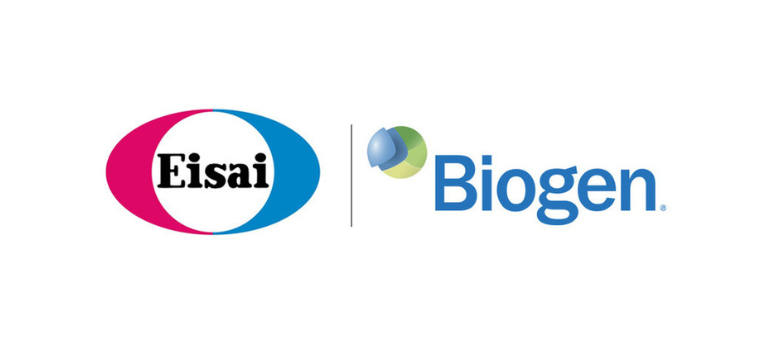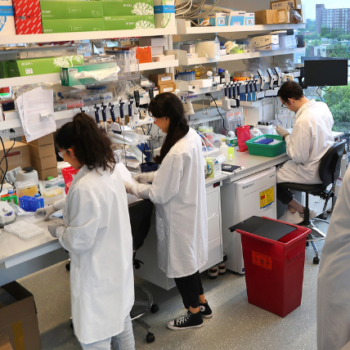
Biogen/Eisai Alzheimer’s Drug Shows Positive Trial Results
- Posted by ISPE Boston
- On December 1, 2022
Results from Eisai’s large global Phase 3 confirmatory clinical study of lecanemab have been presented at the 2022 Clinical Trials on Alzheimer’s Disease (CTAD) conference in San Francisco, California. Lecanemab is an investigational anti-amyloid beta (Aβ) protofibril antibody for the treatment of mild cognitive impairment (MCI) due to Alzheimer’s disease (AD) with confirmed presence of amyloid pathology in the brain. Eisai serves as the lead of lecanemab development and regulatory submissions globally with both Eisai and Biogen co-commercializing and co-promoting the product and Eisai having final decision-making authority.
With the increased global aging population, AD has become a critical issue for society and healthcare systems. New therapeutic agents that act on the disease pathology are needed. The treatment goals for early AD are to have sustained effects on cognitive function, activities of daily living and psychiatric symptoms, to maintain independence longer by slowing progression of the disease and to improve or maintain quality of life.
In the clinical study, called Clarity AD, lecanemab treatment showed 31% lower risk of converting to next stage of disease compared with a placebo. Modeling simulations based on the phase 2 trial data suggest that lecanemab may slow the rate of disease progression by 2.5-3.1 years and has the potential to help people remain in the earlier stages of AD for a longer period of time. In addition, treatment with lecanemab was shown to maintain the health-related quality of life and reduce the burden on caregivers. The convergence of evidence across cognition and function, disease progression, health related quality of life, and caregiver burden demonstrate that lecanemab treatment may provide meaningful benefits to patients, their care partners, physicians and society.
Clarity AD was a confirmatory Phase 3 placebo-controlled, double-blind, parallel-group, randomized study in 1,795 people with early AD at multiple sites in North America, Europe, and Asia. Eligibility criteria allowed patients with a broad range of comorbidities/comedications, including but not limited to hypertension, diabetes, heart disease, obesity, renal disease and anti-coagulants. As a result of Eisai’s recruitment strategy of diversity in the Clarity AD study, 4.5% and 22.5% of the randomized participants in the U.S. were Black and Hispanic, respectively. (Source: Biogen Website, 29 November, 2022)



0 Comments